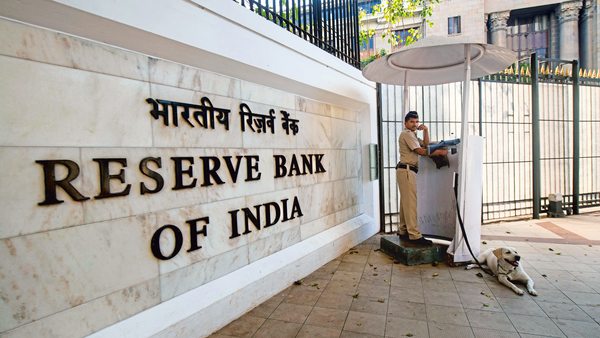Mumbai: The Reserve Bank of India Friday announced it would undertake additional purchase of government securities worth Rs 30,000 crore through open market operations (OMO) in a bid to increase liquidity and enhance confidence in the financial markets that remain under stress over COVID-19 related dislocations.
The OMO would be conducted in two tranches of Rs 15,000 crores each on March 24 and March 30, 2020. This is second big OMO announcement by RBI in two days. The central bank successfully concluded a Rs 10,000 crore purchase programme for dated government securities on March 20.
In a statement, the RBI said that with the COVID-19 related dislocations, stress in certain financial market segments is still severe and financial conditions remain tight.
“The RBI’s endeavor is to ensure that all markets segments function normally with adequate liquidity and turnover,” The apex bank added.
Under the latest OMO scheme, the RBI will purchase government securities maturing in between 2022 and 2029. The securities were issued with a coupon rate of 6.84 per cent, 7.72 per cent, 8.33 per cent and 7.26 per cent.
The RBI statement said: “There is no notified amount against any of these securities within the aggregate ceiling of Rs 15,000 crore set for the operation.
“The central bank reserves the right to decide on the quantum of purchase of individual securities, accept offers for less than or higher than the aggregate amount of Rs 15,000 crore and also to accept or reject any or all offers either wholly or partially without assigning any reason,” it added.
As coronavirus fears continue to rattle financial markets across the world and concerns have been raised over the economic impact of the pandemic, the RBI has showed it is ready to take measures required to calm the markets and improve liquidity.
RBI Governor Shaktikanta Das announced on Monday that the apex bank would conduct a six-month swaps worth $2 billion to provide liquidity to the foreign exchange market and conduct more long term repo operations (LTROs).
The central bank, however, did not go ahead with a much-anticipated emergency rate cut. Das said that rate cut decisions are taken by the Monetary Policy Committee (MPC), however, nothing should be ruled out.
(IANS)






































